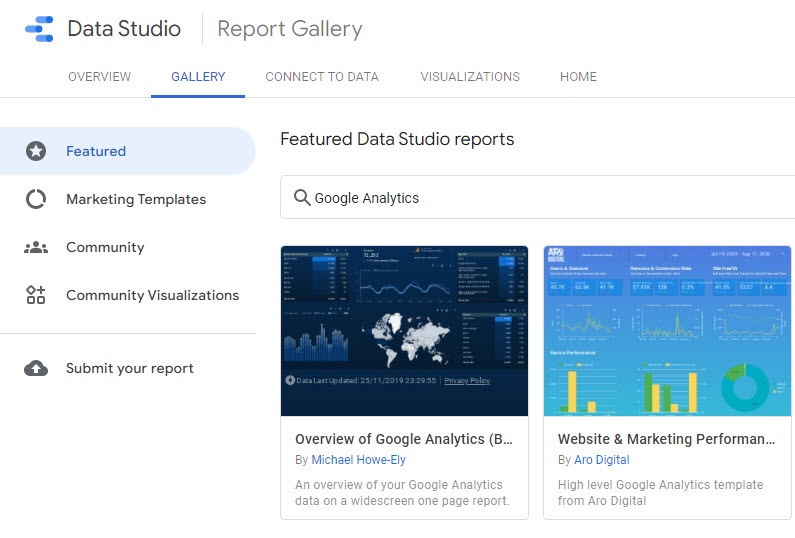
Website titles can be changed to include a brand name. This is not difficult as it may sound. It is important to not stuff your title tags with keywords. Learn more about branding and how to create a title that works. After all, your page's title should attract attention and drive traffic. Here are some ways you can create a compelling title tag. Try these ideas and see if they work for you.
Make a memorable title tag
A captivating title tag can bring in more search traffic to your site. This essential, yet simple piece of website content will be displayed in the search engine results page (SERP), on search engines and on other websites. The user experience is key to creating a positive title tag. After all, the title is the new visitor's first interaction with your brand. So, you want to make sure that it evokes an emotion and communicates the most value-add terms to drive clicks.
The title tag serves two important functions - it engages your reader and is an essential SEO element. Your title tag will show at the top in your browser. It can drive more visitors if you do good SEO. A compelling title tag can be shared via bookmarking and social media. It is essential that the title tag conveys the essence of your document to search engines. This is because it is the person's first impression. If you follow these three tips, you'll have an impressive title tag that will draw more traffic to your website!
Using power words

Use power words in your headlines or calls to action to increase clicks and leads. Smart copywriters use power terms to generate emotional reactions. These words are persuasive and can encourage your readers to take action on your offer. They can drive traffic to your site and increase clickthroughs. Here are some examples to show you how to use power keywords in your title text.
SEO is built on keywords. They link your content with the potential audience and the search engines. While they help your website show up in Google searches, that alone is not enough to make people click on it. The title tag can contain power words to target different emotions and goals. Keywords can be more persuasive than powerful words. These words trigger emotional and psychological responses, causing your visitors to take action. You can increase your chances for conversion if you use them correctly.
Add a brand to the product
It is a powerful branding tool to include a brand name as a title tag. But there are some things you should be aware of before doing this. Non-brand searches will rank lower than your brand name, which can be a plus. You should not include your company's name in the title tag unless it is more relevant than other information.
Including a brand name in the title tags is also advantageous for a business's reputation and brand recall. People will trust a brand that is familiar than a generic product or one that is not. The conversion rate increases with increasing SERP ranking. A brand-name entry in the first place ranks converts at a rate of 35% compared to a generic one. The click-through rate of title tags will be influenced by the brand and goodwill of your business.
Avoiding keyword stuffing

Keyword stuffing can not only be detrimental to search engine rankings but it can also affect the user experience and even cause damage to your website's design. The user will feel frustrated if they have to read the exact same words multiple times without feeling it's a waste. Also, the content of your website must be relevant to your target market. It should also be interesting enough to keep their interest. Keyword stuffing is a sure way to discourage visitors from leaving your site, which will in turn hurt your search engine rankings.
Poor SEO also includes keyword stuffing within the title tag. Google has made it clear that they will penalize websites for over-using keywords. Keyword stuffing, a black-hat SEO technique, is used to manipulate search engines like Google's ranking algorithm. This tactic can not be used to harm your site. It can actually boost your SERP rankings, if there are other factors.
FAQ
Why SEO strategy is essential?
The main goal of search engine optimization (SEO) is to increase traffic to your site by getting as many people as possible to find you when they use Google.
Search engines like Google, Yahoo! and Bing store information about websites on servers known as crawlers. These crawlers send the data back to the central database. This enables them to index web pages for searching purposes.
People will click on your links and visit your pages if you appear high in the results. If you're not visible in these searches, your website won't be found.
Ranking high in search engines is the best way to get your site noticed. You can achieve this by using two methods: organic and paid advertising.
Paid Adverts - Companies that pay per-click for online advertising to appear first in search results will be known as Paid Advertising. These ads can include text ads, banner ads, pop ups, ecommerce widgets, and more.
Natural Organic Links – These links are created by sites that have been built over time and gained the trust of your industry. Blogs, guest blogging, commenting and linking are all ways to build links.
You must continually invest in both types of marketing to stay ahead of your competition.
How do I get started with SEO?
There are many ways to get started with SEO. You must first identify which keywords you would like to rank. This is known as "keyword research". Next, you need to optimize each web page for those keywords.
Optimization involves optimizing titles, descriptions and meta tags. It also includes creating unique page URLs and linking to other websites. After optimization is completed, your website will be submitted to search engines such Google, Yahoo! and Bing.
You'll also need to keep track of your progress over time to know if you're succeeding or failing.
How can a content strategy help me get a better ranking?
A content strategy is a plan for how much content will be produced over time. It includes topics, keywords, and other information about your company. This plan is essential to ensure you don’t create too much or too few words before you begin writing.
Do I need a marketing agency to digitally market my product?
You should recognize that your company needs some extra support. A digital marketing agency provides professional services for small businesses such as yours. They're experts at promoting your company online.
They can manage your social media accounts and analyze data.
Statistics
- Deleting those 10k pages is one of the main reasons that he improved his site's organic traffic by nearly 90%: (backlinko.com)
- These guides are designed and coded 100% from scratch using WordPress. (backlinko.com)
- If two people in 10 clicks go to your site as a result, that is a 20% CTR. (semrush.com)
- 64% of marketers actively create SEO campaigns because they help hit multiple key performance indicators (KPIs), including increasing traffic, helping your site rank for relevant keywords, improving your conversion rate, and much more. (semrush.com)
- 93%of online experiences today begin on search engines. (marketinginsidergroup.com)
External Links
How To
How do I set up my first blog?
It's simple! WordPress is a wonderful tool to help you create a blog. You can edit the appearance of your blog by creating themes, changing fonts, colors, or customizing it. They can also add plugins which allow them to alter certain aspects of their site based upon visitor activity.
WordPress.org offers many templates for free and premium templates that are more expensive. Premium templates can include additional pages, plugins, or advanced security features.
After you have downloaded the template, you will need to sign up to a free hosting account to upload your files to your blog and manage it. Many hosting companies offer free accounts. However there are limitations to how much space you can have, how many domains your site can host, and how often you can send emails.
You will need separate email addresses if you want to use multiple domain names. Some hosts charge a monthly subscription fee.
If you're new to blogging, you may wonder why anyone would pay to have a blog hosted online. Hosting companies offer unlimited storage, so your files won’t be deleted even though you delete them accidentally.
Many hosts also let users host multiple domains, meaning you could have several different sites under the same hosting package. It is possible to avoid multiple email accounts by registering for one interface, allowing you to manage all of your sites from the same place.
Some hosts offer social media sharing buttons that allow visitors to quickly share their posts on the web.
Most hosting providers provide tools for managing your blog. You can view your site's performance stats, see how many visits each post has received, and compare your traffic against similar blogs.
These tools can make it easier to manage your blog faster and easier, so make sure you check them out before you buy a web hosting plan.
To sum up:
-
You can choose a topic related to your business.
-
Create engaging content;
-
Optimize your site using SEO techniques;
-
Promote your site using social media channels;
-
To make necessary changes, keep an eye on your statistics.
-
Last but not least, make sure to keep your blog updated.
In other words, create quality content, promote it effectively, track its success.